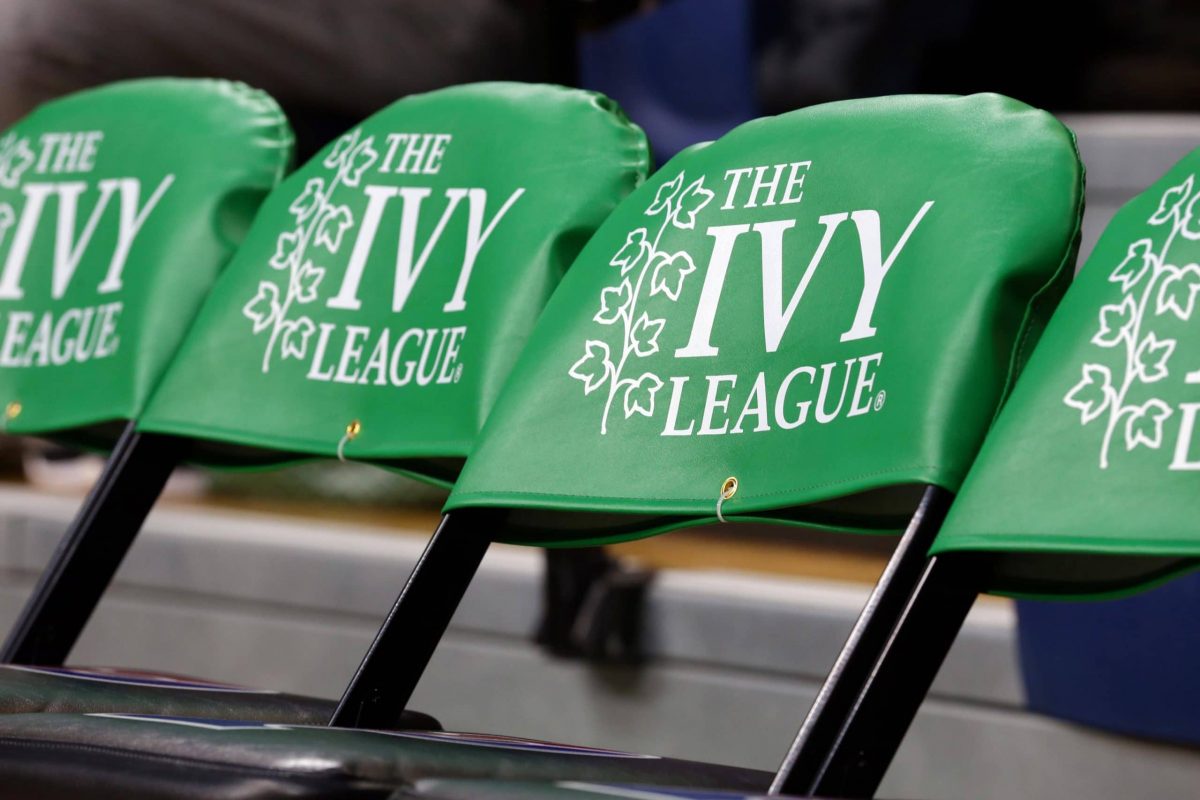On Wednesday, Ivy League officials made the jarring announcement of canceling all sports this fall due to the coronavirus pandemic. This was the first Division I conference to make a decision of this magnitude, and there is no word yet on what it’ll do for the spring semester sports.
The Ivy League is certainly not known for athletic competition as much as it is for academics. Because of that, it makes sense to do what’s right for the health and safety of the students.
“The campus policies make it impractical for competition to occur, at least through the end of the fall semester,” executive director Robin Harris said.
“Eight campuses have announced their policies for the fall over the past two weeks. When we realized, and the presidents realized, based on these campus policies that we couldn’t have competition, we wanted to make sure the student-athletes were aware of the outcome.”
Leading Again
As we all remember, the Ivy League was at the forefront of canceling sports when the coronavirus first emerged. It was the first conference to remove itself from the NCAA men’s and women’s college basketball tournaments before the NCAA stepped and canceled everything altogether.
“Schools have to evaluate what’s right for them,” she said. “For us, it came down to campus policies. Our athletic directors have been working very hard modeling different options, looking at different ways we can conduct athletics in the fall, and ultimately, as more and more campuses developed their policies that didn’t allow for competition, that led to our decision. That may not be the same at other schools in other conferences.”
Now comes the time for other sports to pay attention to what the Ivy League is doing – and vice versa.
“We certainly are watching closely as Major League Baseball, the NFL and the NBA are doing things, and likewise we’ve certainly got to keep a close eye on what other colleagues in other conferences are doing,” Big 12 commissioner Bob Bowlsby said.
“But their circumstances are a little different than ours. Their locations are in places that are different than ours. We’re certainly going to pay attention to it, but I don’t know that it’s determinative, necessarily.”
Difficult Times
It’s a very tough time for all collegiate sports right now. Just this week, Stanford announced it would be cutting 11 of its 36 different athletic teams due to a lack of funding. It’s unfortunate to say, but without football, a lot of these other programs can’t survive with the lack of money that is coming to the school.
“If it costs too much to maintain a healthy environment at our institutions and our communities, then we don’t play sports or we don’t return students to campus,” Patriot League commissioner Jennifer Heppel said. “We’re not going to compromise health and safety due to a football guarantee. That’s crazy. If we can’t do it safely, we’re not going to do it.”
